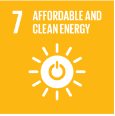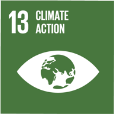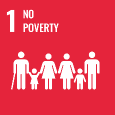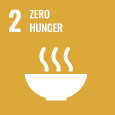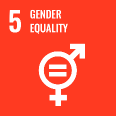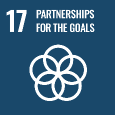Climate change consequences and effects on sectors, communities, and natural habitats are interconnected and complex.
The Climate Practice at the Catalyst Group believes in a vision to build “A thriving world powered by resilient communities and carbon neutral systems”. Given the imperative to address systemic gaps in climate ecosystems and promote people-centric models at scale, the Catalyst Group intends to build on our expertise and relationships with vulnerable groups to strengthen climate action.
We work with vulnerable people who are disproportionately affected by climate change (small marginal farmers, marine fisherfolk, Nano, Micro, and MSMEs, street vendors, and indigenous people) to continue improving their resilience, or the capability to recover from or adapt to any climate-related disruption without compromising their lives, livelihoods, or long-term well-being.
Our Beliefs
- We believe that a holistic resilience-building approach is critical to eliminating the disproportionate impacts of climate change on the lives and livelihoods of vulnerable population
- While transitioning to sustainable practices and solutions, if the transition isn’t just carbon neutral or negative, the extent of vulnerability will affect the long-term well-being of communities
- Vulnerable communities, on their own, find it difficult to access and thrive in the ecosystem, given the complexity of the issues, intersectionality of sectors and multiplicity of actors. A singular unifying platform could help facilitate collaboration, pool resources and promote global replication to accelerate climate outcomes and achievement of SDGs
- To unlock the potential of the system, geography and systems; a place-based community-led solutions in synergy with sector-wide scalable solutions are critical, enhancing the adaptive capacities, reducing the vulnerabilities and promoting sustainable development
Our Approach
- Ensuring vulnerable populations build resilience enhancing their long-term well-being outcomes
- Calibrating and mobilising critical resources to ensure a just and carbon-neutral/negative transition
- Working through communities and institutions to bring power—collective agency—to deal with the ecosystem
- Collaborating with impact-focused partners, who can rally around climate outcomes to achieve scale, impact and sustainability in a collective fashion
- Evangelising champions, solutions and models across geographies and sectors accelerating our shared vision and goals
- Building climate-smart innovations, models and solutions across geographies at scale
- Empowering the adoption enablers by providing technical, strategic and innovative financing support to organisations and institutions
- Activating the scale influencers through knowledge, evidence and policies
- Collaborating and evangelising climate leadership through organisations, influencers etc.
How do we work?
- Design and develop incursive ideas, solutions and practices leading to resilience building and just transition to carbon-neutral/negative state
- Support innovation that can enable and expedite transformative climate actions
- Pursue the appropriate strategies and actions to move toward climate-resilient pathways and just transition to carbon-neutral/negative solutions
- Facilitate the design and scale-up of sustainable solutions
- Mobilising finance and innovative financing mechanisms for generating models, solutions and practices that can work across geographies at scale
- Engage with key actors and stakeholders to collaboratively champion the change
To address the various levers of impact, the Catalyst Group works with nodal organisations who have the relevant community integration and work at the succinct intersections,
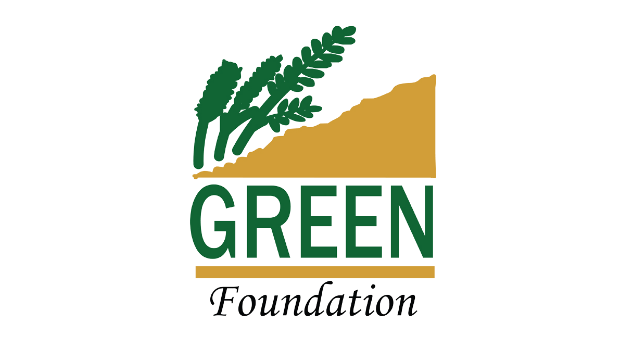
Building climate-resilient communities
Sector greening
Carbon sequestration and Developing climate champions across sectors and systems
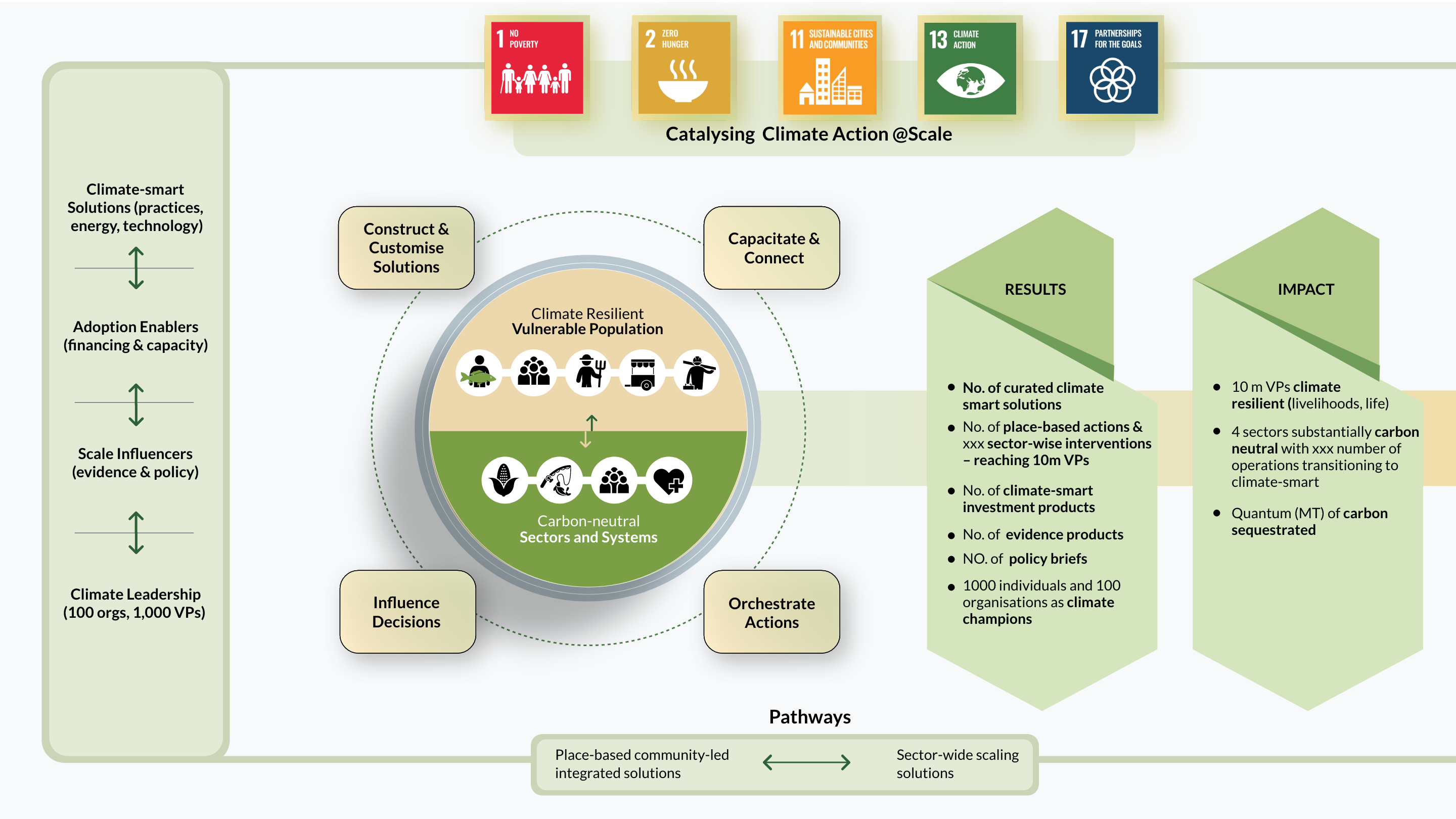


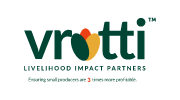
We implement a number of important initiatives, including
The Regenerative Communities Model implemented by the GREEN Foundation adopts a comprehensive framework and a collaborative action model bringing in regenerative practices, livelihoods, health, and market. The women farmers’ owned and governed Janadhanya Federation and Janadhanya Producer Company anchor and drive this initiative. GREEN Foundation brings its expertise and passion related to agroecology, biodiversity, and women farmers’ empowerment, and orchestrates this action on the ground. This model ensures that every family has access to a set of support and services to undertake crop production, allied activities, and any non-farm enterprises, and address family-specific health and nutrition. The practices that are promoted are planned in such a way that there is biodiversity and resource regeneration. The work so far and the base of communities is giving enough confidence as a step forward in partnership with key enablers with this framework across the GREEN Foundation locations. Apart from the holistic model of Regen Communities, this initiative has developed specific components which can be embedded in other programmes and scaled individually – Regenerative Agri Practices (RAP), BIoinput Resource Centre (BRC), Community Seed Banks (CSB), Value-addition Micro Businesses such as Cold Press Oil, Millet Processing Units, etc.
Investing for Impact
We want to achieve impact at scale by co-investing with change agents to shape solutions and investments. Some of the work we have implemented in this regard is outlined below:
Our ambition as an organisation is to contribute to impact, scale and sustainability. We achieve this by partnering with large scale/deep change-makers and investors, enabling them to succeed through our capabilities of evaluation partnerships.
CIFF Collaboration
Working with CIFF India’s Power, Clean Air and Cooling portfolio partners, CMS co-creates and deploys Theories of Change, Cascade to Impact, Results Frameworks, Partner and Programme Level Management Information Systems (MIS) and Interactive, Tech-enabled Dashboards. facilitate indicator design workshops with sectoral players. Conducted gating review and uncovered insights for investment course correction.
Agri and Climate Smart Agriculture (CSA) Finance Market Assessment in India
Selco Foundation Collaboration
On the solar electrification project (2022-2023) to evaluate the impact of decentralised electricity of last mile public health facilities like Sub-centres (SC), Health & Wellness centres (H&WC) and Public health centres (PHC) in the states of Karnataka and Meghalaya. Currently, the baseline for the study has been completed. The primary scope of the study is to assess the extent to which the DRE programme has impacted the performance of public health facilities and examine factors contributing to the sustainability and institutionalisation of the programme.
Impact assessment from donors and funding partners to inform CEEW’s 20-year vision and strategic plan
Independent review of CAFs (Clean Air Fund’s) India Portfolio
Regenerative Agriculture and Livelihoods (REAL) Fund
Is a $10Mn blended finance facility, that aims to create an environmentally and financially sustainable, scalable, and replicable model of bamboo production, value addition and sale via collectives of 7,500 farmers and 3,600 women artisans in rural Maharashtra and Karnataka who will who will collectively own and manage the end-to-end value chain of bamboo products (from the purchase of saplings for the cultivation of bamboo to sales of final value-added products). The project has been catalysed by USAID, Industree and Kois and is expected to launch in 2022. The project will establish farmer-producer organisations & artisan-owned enterprises to manage bamboo farming & artisanal production, deliver skills training & capacity-building programmes enabling sustainable land management, efficient production & modern design, and raise capital via an innovative finance mechanism to equip farmers & artisans with seed, acceleration & working capital required.
Sustainable Development Goals
